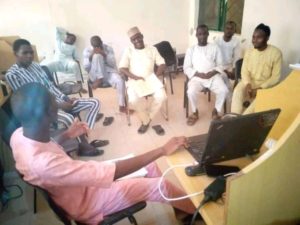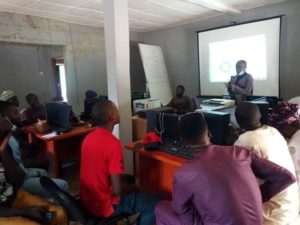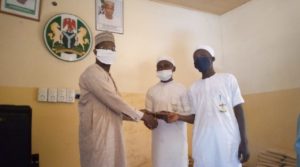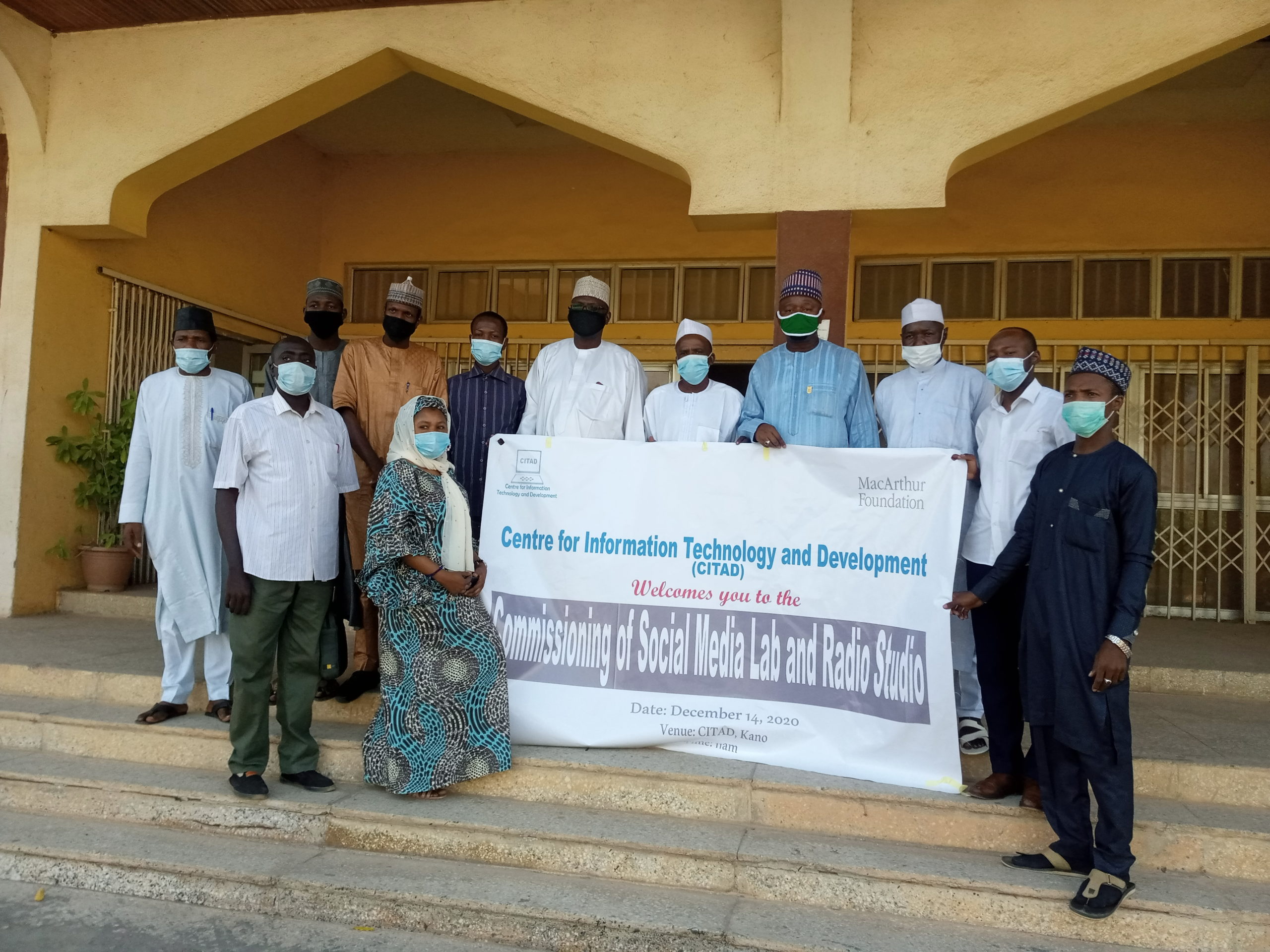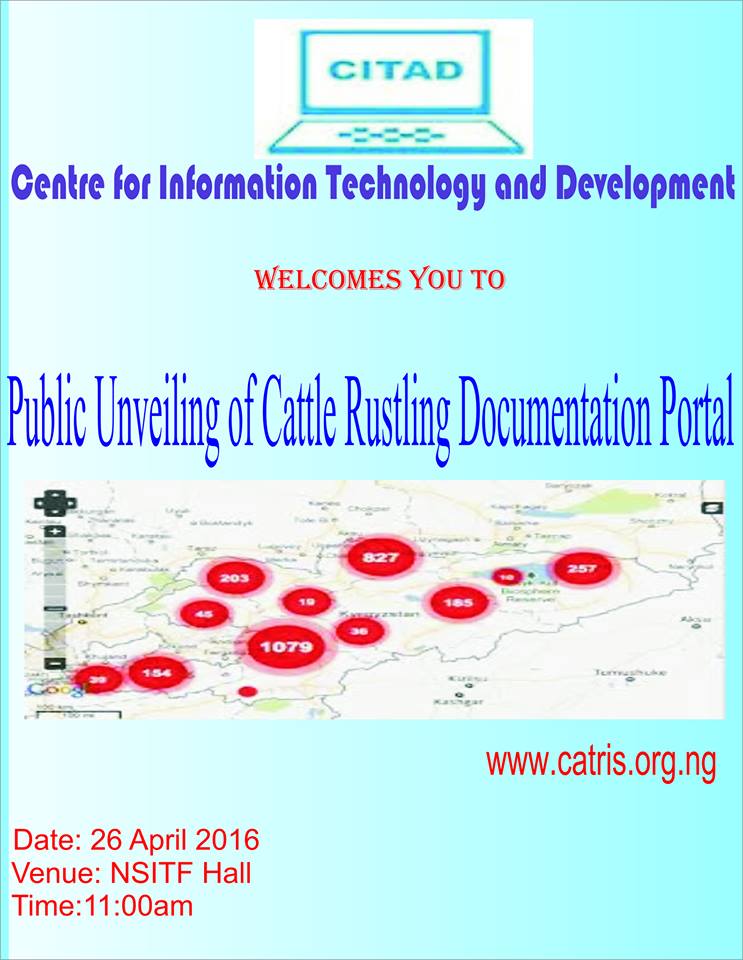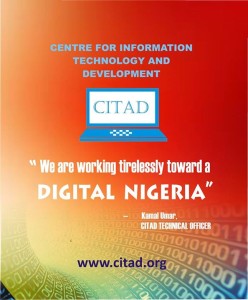Report of One Day Capacity Building on Community Networks For The Jama’are Micro-Organizations Held At CITAD Office Jama’are
The Centre for Information Technology and Development (CITAD) is implementing a project entitled Supporting Community-led Approaches to Addressing the Digital Divide Nigeria coordinated globally by the Association for Progressive Communications (APC) support from the United Kingdom’s Foreign, Commonwealth and Development Office (FCDO) through their Digital Access Programme (DAP).
This is part of a global project to catalyze the flourishing of community networks as a means of connecting the unconnected
The project focuses on selected locally managed community networks in three regions, Africa, Asia and Latin America, to strengthen their impact, reach and sustainability
This group of community networks will form the core of a peer community that can connect and broaden support for community-based connectivity initiatives, nationally, regionally and internationally
The project will achieve its objectives through peer learning and exchange, awareness raising, technical assistance, capacity building for the development of scalable, innovative and sustainable networks, policy and regulatory advocacy and community mobilization.
The training was held at CITAD office Jama’are branch on Tuesday 04th May 2021, with 8 attendees from Itas DEX Initiatives, Jama’are Traders Association, Jama’are blowse Association, and Itas youth Association, opening remarks was said by Engineer Suhail CITAD Technical officer, he welcomed each and every one who attended the training he says that the purpose of the training is to aware and shows the benefits of the community networks to the peoples as well as how to start or build their own community networks,
The training slides has 9 modules, and started at 10:00am by Engineer Suhail with the introduction to community networks, what services community networks offers and types of community networks, he gives clear definition of community networks by the Internet Society (ISOC) and services that community networks offer like voice, data E.T.C and ended the section one of the training with discussion about the types of community networks and answering questions from the participants,
Goes to 30 minutes break from 11:30am to 12:00am after the section one of the training has ended
Back to the training Engineer Suhail continuous with the explanation on how to start community networks, what facilities or infrastructures needed in order to start community networks, and explanation on what regulatory conditions required for communities to start their own community networks,
And again goes to 30 minutes breaks from 1:30pm to 2:00pm, after the section two of the training completed
The last section of the training has started from 2:00pm by Engineer Suhail, he explains how the community network link themselves nationally and internationally, and ended the last section of the training by explaining the ways for community networks follows to solve sustainability issues, that is how the community networks continuous sustaining itself even without any support from others organizations like APC.
The whole training finished with the vote of thanks by the Engineer Suhail CITAD technical officer, he thanks everyone for attending the training and he encouraged these micro-organizations members to be very active and spend their time by acquiring new skills so that the project will successfully be achieved and implemented in their area.

